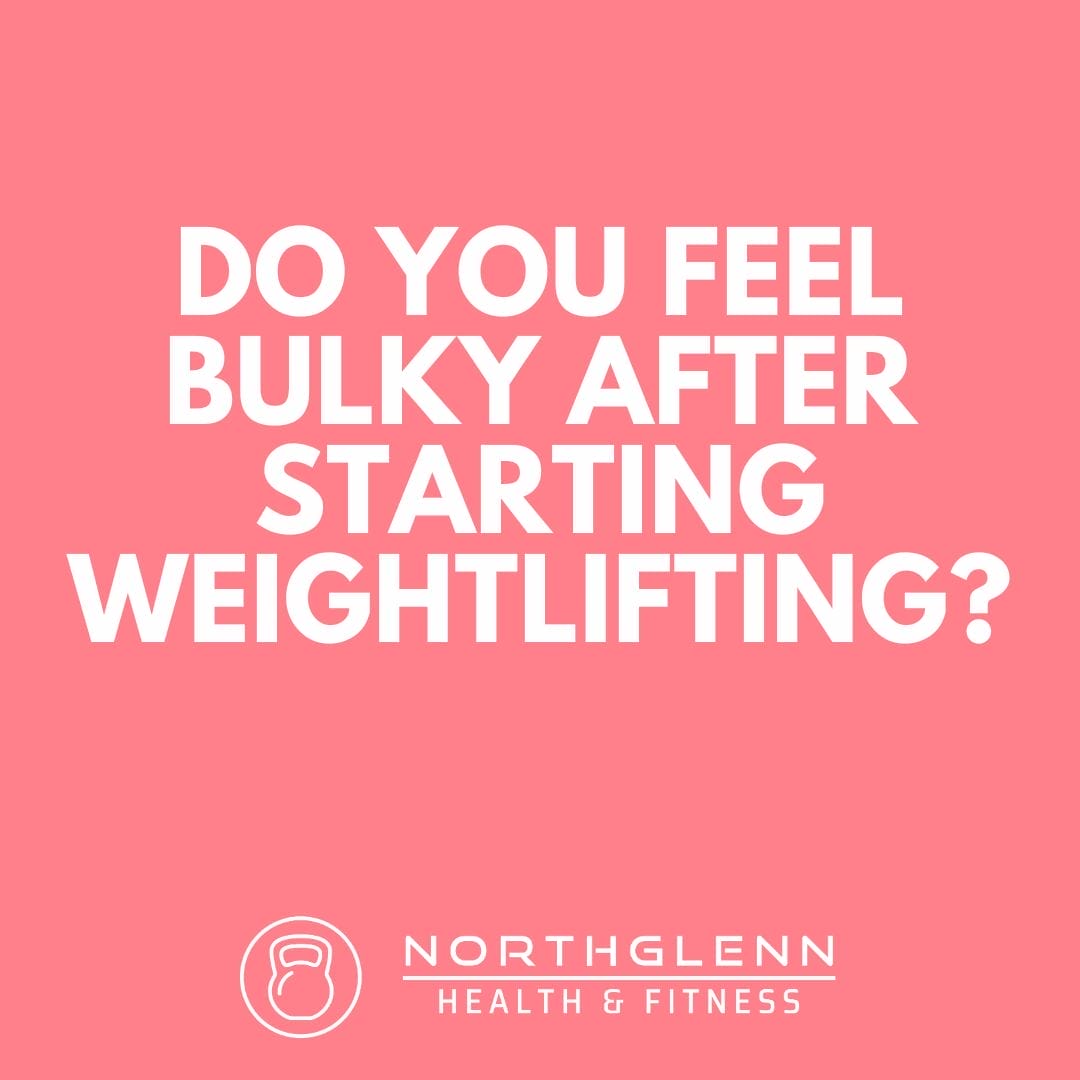There’s a persistent myth in fitness, especially concerning women: the fear that weightlifting or working out leads to a bulky appearance. I am here to tell you that it is absolutely not what you think it is and if you don’t lean in and try to understand what actually causes it, your fear is going to hold you back from ever achieving your body composition and health goals.
Muscle Building: A High-Intensity Endeavor
I was reading an article in Muscle and Fitness magazine to do some research on what it takes to get a “bulky” female body.
Dani Speegle, a renowned CrossFit athlete, and some might call her bulky. To me she has a beautiful physique and a desire to help women have body confidence and love themselves.
Her daily regimen, as detailed in the interview, I an simply describe as intense. More intense than anyone I know or who has ever been a client at NHF or any gym that I have ever been a member of.
She trains multiple times a day: two and a half hours at the gym in the morning, followed by a 45-minute running interval, and another session from 4 pm to 7:30 pm in the afternoon. This almost 7 hours a day at the gym is also coupled with a diet structured to fuel these rigorous workouts and support muscle growth.
No one I ever met should have the fear of working out to get bulky. If you think your regiment is as tough as hers, fight me.
I might not win physically but I’ll win with science and I’ll win with data.
But seriously, please don’t fight me! 😂
Body Fat Mass and Muscle Mass: Understanding the Difference
The bulkiness often associated with people who think they are getting bulky is usually associated with a high percentage of body fat. A high body fat percentage covers the muscles underneath, masking their definition and size. Contrary to popular belief, strength training can help reduce this layer of fat, enhancing muscle visibility and tone rather than adding bulk.
And don’t be mad at me – I’ll let Parkview Health tell you….
Meals matter
“Most people who are classified as “bulky” have a higher percentage of body fat, which is the result of eating more calories than the body needs to maintain its current state. Therefore, nutrition is the biggest factor in becoming “bulky”. Simply put, if you eat more calories than you burn off, you’ll get bigger.”
Parkview Health
Weightlifting and Women: A Hormonal Perspective
Biologically, women have lower testosterone levels than men, meaning our bodies aren’t naturally predisposed to build large muscle mass. Regular weight training for most women leads to increased muscle tone and strength without the bulkiness often mistakenly associated with lifting weights. But again, even if you have a higher testosterone level – are you training 7 hours a day, are you eating to purposely bulk up?
But Why Do I Feel Bulkier After Starting Weightlifting?
It’s not uncommon for some women to feel a bit bulkier or notice the scale tipping slightly upwards when they first start strength training. This is a normal and temporary response. Here’s why:
- Muscle Inflammation: Starting a new workout can cause microscopic tears and inflammation in your muscles, leading to temporary water retention. Muscles getting bigger, but you haven’t taken steps to reduce calories.
- Water Retention: Your muscles may store more glycogen and water as they adapt to new exercises, causing a slight increase in water weight.
- Increased Muscle Mass: Any increase in muscle mass adds weight since muscle is denser than fat. But this is a positive sign of growing stronger! However again, you can only add weight in a caloric surplus. So if your muscle is getting larger and you are in a deficit, the weight will drop in other areas – hopefully body fat if you are balancing things properly.
- Home Scale Misinterpretation: The home scale doesn’t do a great job, or doesn’t at all, differentiate between muscle, fat, and water. A small weight gain could be due to increased muscle AND a decrease in body fat– a good thing in your fitness journey!
Keep the Focus Right
Rather than focusing solely on the scale, consider how you feel – stronger, more energetic, and healthier. These changes are part of your body getting stronger. Strength training offers numerous benefits, and these initial changes are stepping stones to a fitter you.
Remember, we’re here to bust myths and build a healthier, happier you. If you have any questions or need guidance, I’m just a message away! Schedule a 10 minute chat with me to get started.

